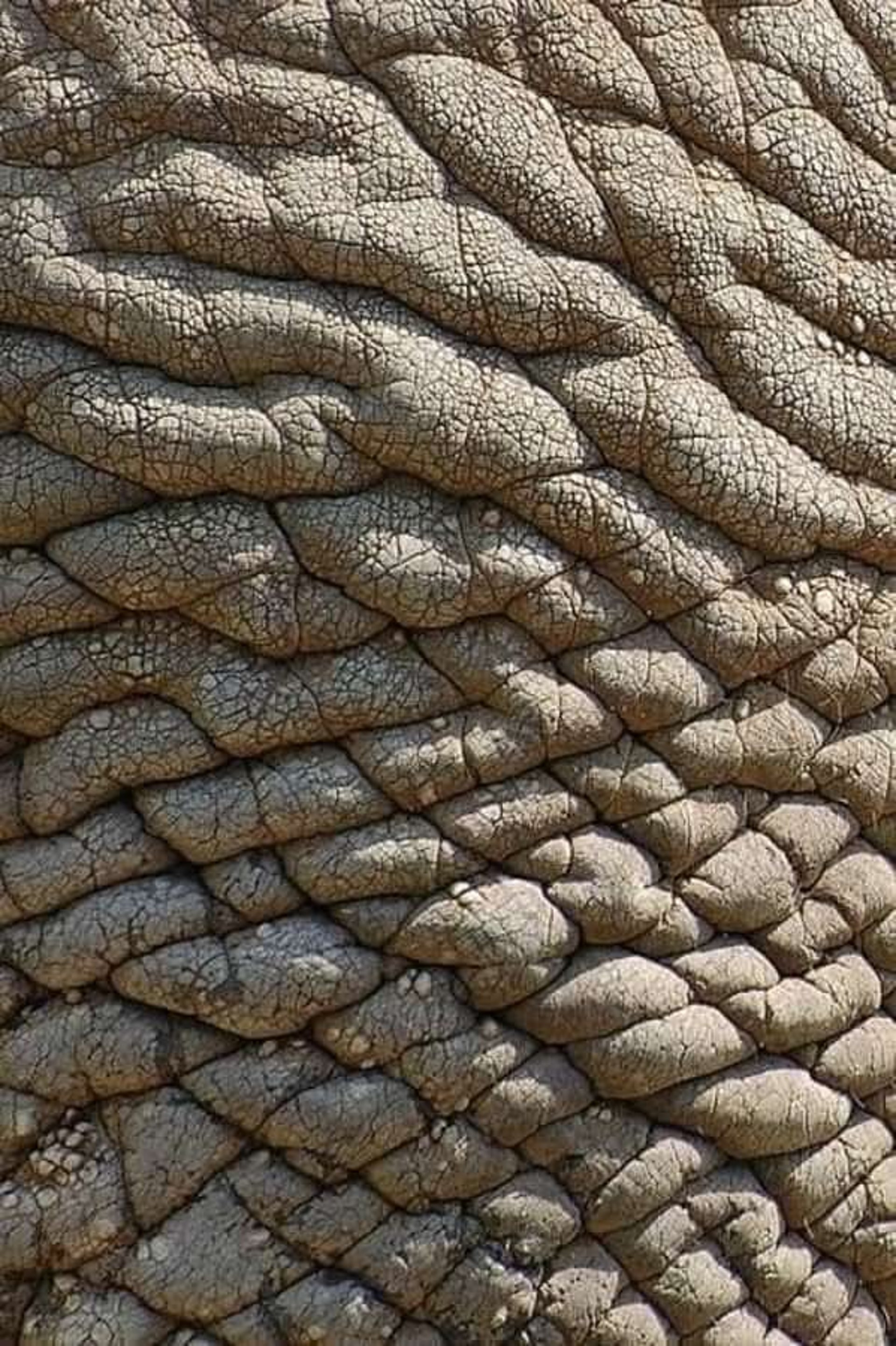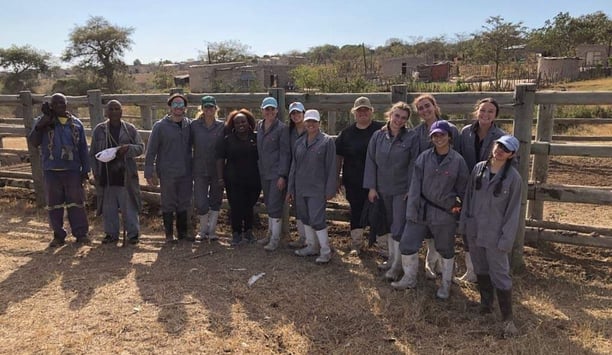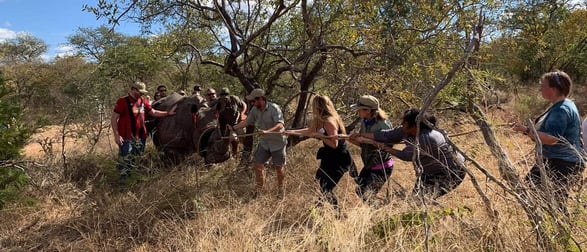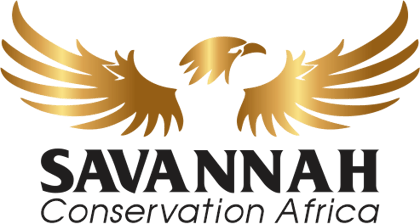





🌍 Volunteer with Savanna Conservation Africa
Savanna Conservation Africa Volunteer Programs
Savanna Conservation Africa (SCA) offers immersive volunteer programs designed to engage individuals in impactful conservation and community development work across Africa’s savanna landscapes. Volunteers are placed in active conservation landscapes and communities in South Africa, Mozambique, Namibia, Zambia, Tanzania, Kenya, and Uganda, including partner wildlife reserves and conservation organizations. Our programs promote experiential learning, cultural exchange, environmental stewardship, and sustainable development.
1. Wildlife Conservation Experience
Program Overview:
This program engages volunteers in on-the-ground conservation initiatives focused on wildlife protection, research, and monitoring within protected areas and game reserves. Volunteers will contribute to ecological data collection, anti-poaching efforts, and wildlife management practices, working alongside conservation professionals and local communities.
Core Activities and Duties:
Wildlife Monitoring and Research:
Animal tracking and migration data collection using GPS and GIS tools.
Behavioral observation and recording (e.g., feeding, breeding, movement).
Predator-prey dynamics documentation.
Veld condition assessments for forage quality and carrying capacity.
Game counts (aerial or ground-based, seasonal or periodic).
Patrols and Field Activities:
Anti-poaching patrol support and data reporting.
Boundary fence monitoring, inspection, and repair.
Snare sweeps and illegal activity reporting.
Night drives and surveillance in high-risk zones.
Conservation Management:
Invasive species monitoring and removal.
Waterhole management and wildlife water provisioning.
Participation in wildlife translocations and veterinary interventions (when scheduled).
Supporting ranger teams with logistical and technical assistance.
Learning Outcomes:
Understanding of African wildlife ecology and behavior.
Skills in field data collection, mapping, and analysis.
First-hand experience with wildlife protection strategies and conservation science.
Exposure to ecological challenges and strategies for sustainable wildlife management.
2🌱 HABITAT RESTORATION EXPERIENCE
Program Overview:
This program immerses volunteers in activities aimed at rehabilitating degraded ecosystems and restoring biodiversity. Volunteers contribute to reforestation, soil conservation, and landscape rehabilitation initiatives.
Core Activities and Duties:
A). Afforestation and Reforestation:
Seed collection, nursery management, and transplanting.
Tree planting in degraded areas, buffer zones, and wildlife corridors.
Monitoring tree survival rates and maintaining young plantations.
B). Soil and Water Conservation:
Soil erosion control using gabions, contour bunds, and check dams.
Rehabilitating gullied or overgrazed lands.
Grass reseeding and vegetation cover restoration.
C). Wetland and Riparian Zone Protection:
Wetland vegetation planting and conservation.
Removal of invasive aquatic plants.
Riverbank stabilization using eco-friendly materials.
D). Climate Resilience Work:
Participating in carbon offset and climate adaptation pilot projects.
Community education on environmental sustainability practices.
Learning Outcomes:
Knowledge of restoration ecology and climate-smart conservation practices.
Skills in land rehabilitation and afforestation techniques.
Awareness of human impacts on natural ecosystems and mitigation strategies.
3. Community Development Experience
Program Overview:
The Community Development program supports rural development efforts in marginalized savanna communities. Volunteers work with local stakeholders to improve access to basic services, strengthen infrastructure, and promote sustainable agriculture.
Core Activities and Duties:
Infrastructure Development:
Assisting with the construction of community facilities such as schools, clinics, and community halls.
Road repair and rural access route development.
Borehole drilling and installation of handpumps or solar water systems.
Water and Sanitation:
Building or restoring water points for domestic and agricultural use.
Participating in rainwater harvesting and water purification initiatives.
Promoting hygiene and sanitation through school and village outreach.
Agricultural Demonstration and Innovation:
Setting up and maintaining demonstration plots for conservation agriculture.
Installing irrigation systems (drip, sprinkler, gravity-fed).
Introducing permaculture principles and sustainable land use planning.
Education and Skills Training:
Supporting literacy and environmental education in local schools.
Facilitating workshops on nutrition, water safety, and conservation.
Engaging youth in tree planting and nature-based livelihood activities.
Learning Outcomes:
Practical skills in rural infrastructure development and sustainable agriculture.
Cultural competence and participatory community engagement.
Understanding of integrated conservation and development models.
General Volunteer Information
Placement Locations:
Volunteers will be placed in active project sites across:
Southern Africa: South Africa, Mozambique, Namibia, Zambia
East Africa: Kenya, Uganda, Tanzania
Assignments may vary depending on seasonal conservation activities, ongoing community development initiatives, and host partner organization needs.
Program Duration:
Short-Term: 2–4 weeks
Medium-Term: 1–3 months
Long-Term: 3–6 months (with special assignments and research options)
Participant Profile:
Just a willingness to learn, adapt, and contribute!
Open to all individuals aged 18 and above (students, researchers, gap-year travelers, career changers, retirees).
No prior experience required, although backgrounds in biology, environmental science, development studies, engineering, or agriculture are advantageous.
Volunteers must be physically fit and open to working in remote, rural settings.
Support and Supervision:
Volunteers are supervised by experienced field coordinators and local experts.
Orientation and safety training provided upon arrival.
Volunteers receive certificates of participation and reference letters upon request.
Conclusion
Savanna Conservation Africa’s volunteer program are structured to offer meaningful, hands-on experiences that contribute to both ecological sustainability and human development. By combining fieldwork, community engagement, and intercultural learning, these program foster a generation of global citizens equipped to champion conservation and resilience across Africa’s savanna ecosystems.
✨ Ready to Join Us?
Be part of something bigger.
Whether you're looking to build a career, explore new horizons, or give back to nature and communities — this is your chance.
👉 [Apply Now]
👉 [Download Program Guide]
